Cervical Health Awareness Month: Understanding the HPV Vaccine and Its Benefits
Introduction: Why Cervical Health Awareness Matters
Cervical Health Awareness Month is observed every January to highlight the importance of early detection and prevention of cervical cancer. Cervical cancer is one of the most preventable types of cancer, thanks to effective vaccines and routine screenings. One of the most significant advancements in cervical cancer prevention is the HPV vaccine, which has proven to be a game-changer in reducing the risk of this disease.
What is the HPV Vaccine?
The Role of HPV in Cervical Cancer:
Human Papillomavirus (HPV) is a common virus with over 100 different strains. Among these, high-risk strains like HPV 16 and 18 are responsible for nearly 99% of cervical cancer cases. According to the World Health Organization (WHO), HPV infections cause approximately 570,000 cases of cervical cancer annually worldwide.
How the HPV Vaccine Works:
The HPV vaccine works by stimulating the immune system to produce antibodies that neutralize HPV infections before they can cause harm. Administered in a series of two or three doses depending on age, the vaccine is most effective when given before exposure to HPV, typically during adolescence. Research shows that countries with high HPV vaccination rates have seen cervical cancer rates drop by up to 87%.
On Mind Body Willness Day: Simple Practices to Enhance Your Mind-Body Wellness on International Day
Benefits of the HPV Vaccine:
- Reduces Cervical Cancer Risk: The vaccine can lower the risk of cervical cancer by up to 90%.
- Protects Against Other Cancers: It also reduces the risk of other HPV-related cancers, such as throat and anal cancers.
- Prevents Genital Warts: Certain strains of HPV cause genital warts, which the vaccine helps prevent.
- Community Immunity: Widespread vaccination reduces HPV transmission rates, protecting those who cannot be vaccinated.
- Global Impact: Studies show that with widespread vaccination, cervical cancer could potentially be eliminated as a public health issue within the next few decades.
Who Should Get the HPV Vaccine?
Recommended Age Groups
- Preteens (Ages 11–12): The vaccine is most effective when given before exposure to HPV, making this the ideal age group for vaccination.
- Catch-Up Vaccination (Ages 13–26): Individuals who missed vaccination during adolescence can still benefit from the vaccine.
The Importance of Regular Cervical Screenings
HPV Vaccination for Adults
Adults aged 27–45 may also consider the vaccine after consulting with their healthcare provider. While the vaccine is less effective for those already exposed to HPV, it can still provide benefits for some individuals.
Why Cervical Health Awareness Month is Vital
Promoting Early Detection
Early detection through regular cervical screenings—such as Pap tests and HPV testing—can identify precancerous changes in the cervix, allowing for timely treatment. Combining vaccination with routine screenings offers the best protection against cervical cancer.
Dispelling Myths About the HPV Vaccine
Despite its proven safety and efficacy, misconceptions about the HPV vaccine persist. Here are some facts:
- Safe and Well-Studied: The HPV vaccine has undergone extensive testing and is endorsed by major health organizations.
- Minimal Side Effects: Common side effects include mild fever, soreness at the injection site, or fatigue.
- Does Not Encourage Unsafe Behavior: The vaccine protects against HPV-related diseases without impacting personal choices or behaviors.
- Cost-Effective: The vaccine is a cost-effective method to prevent costly and life-threatening diseases in the long run.
10 Essential Tips for Ensuring Patient Safety in Healthcare Settings on World Patient Safety Day
Tips for Staying Informed and Protected
- Schedule regular Pap smears and HPV tests as recommended by your doctor.
- Educate yourself and others about cervical cancer prevention.
- Encourage eligible individuals to get vaccinated and screened.
- Advocate for widespread awareness and vaccination in your community.
- Stay updated with reliable sources like the CDC and WHO for the latest guidelines.
Conclusion: Take Action for Cervical Health
Cervical Health Awareness Month serves as a reminder to prioritize prevention and early detection. By understanding the benefits of the HPV vaccine and promoting routine screenings, we can significantly reduce the incidence of cervical cancer. Stay informed, take action, and help spread the word—together, we can make a difference.

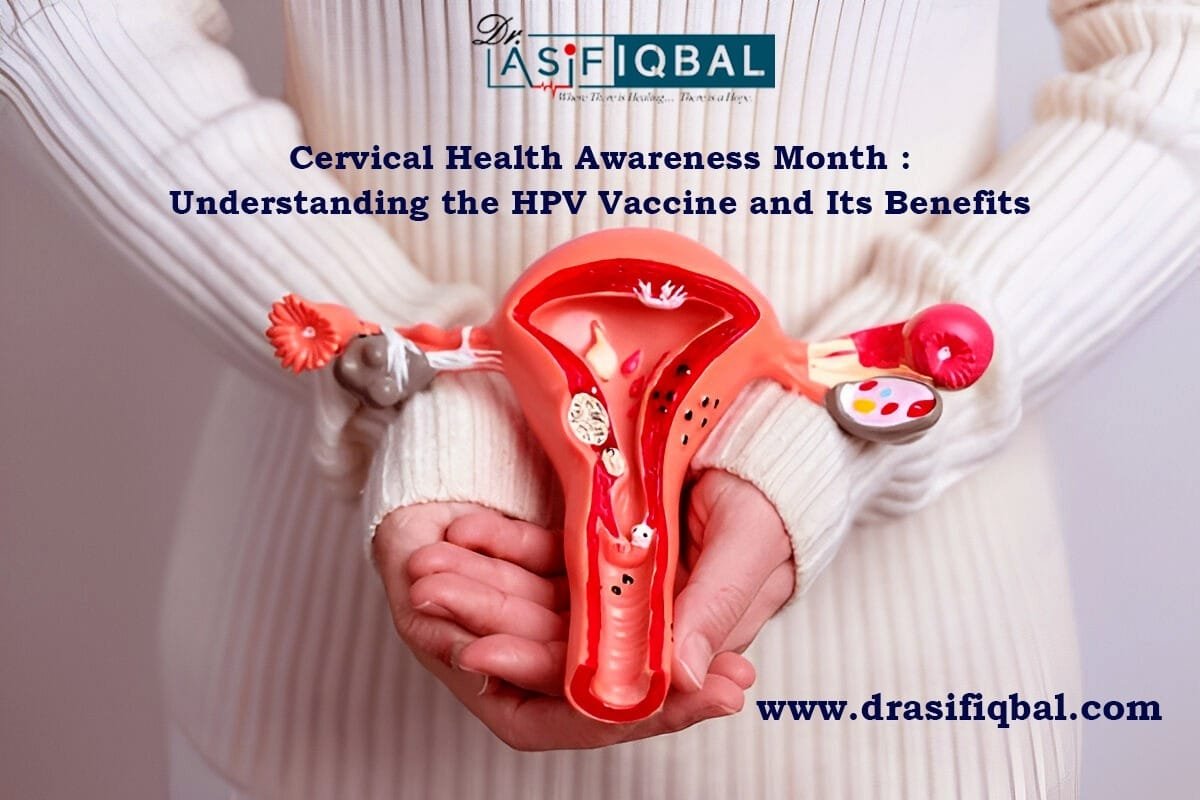
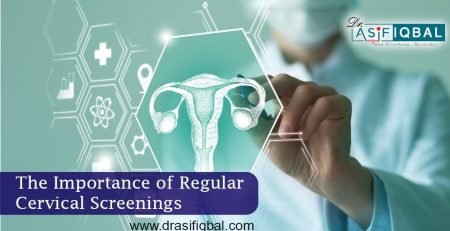

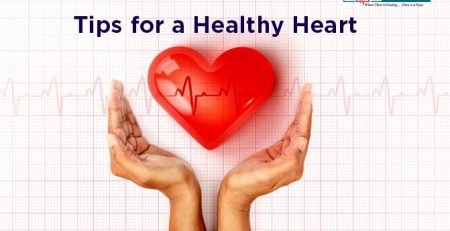



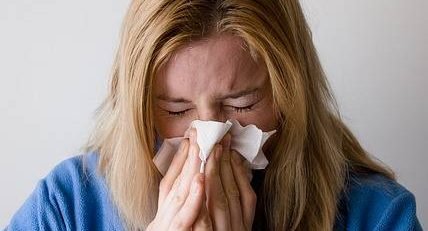
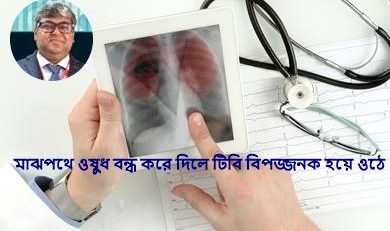

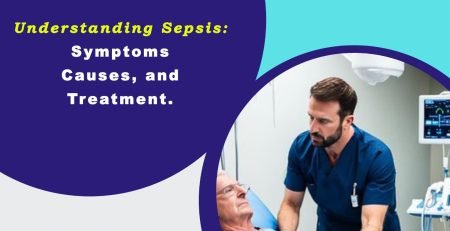
Leave a Reply